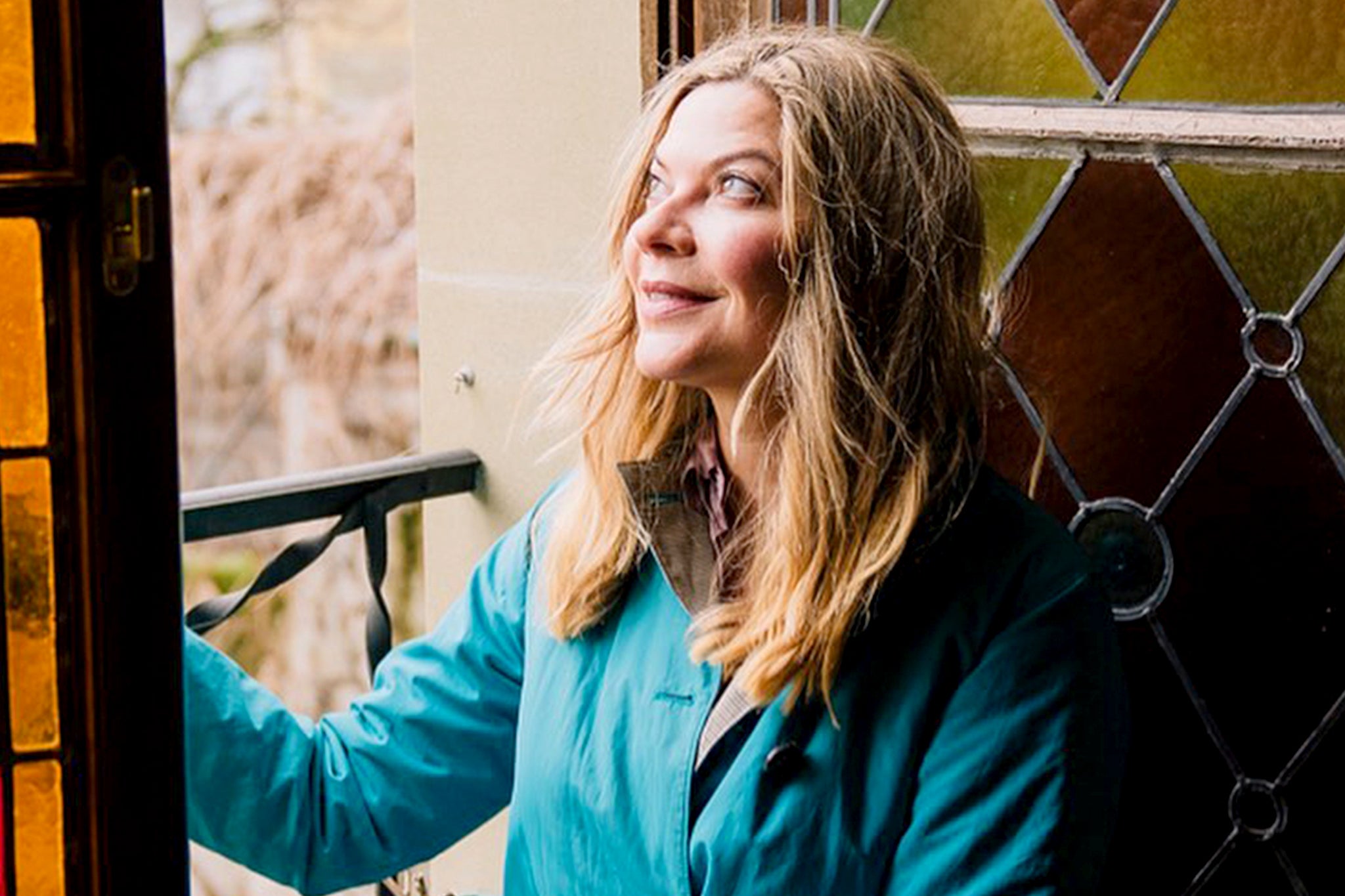‘Betterment burnout’ is making us miserable – having fun is crucial too
You’ve cut out booze, switched up your diet and are going on a daily run – but somehow you are feeling bluer than ever? Anna Hart delves into why doing everything ‘right’ can have the opposite effect…

January is the strangest month of the year, a month when nobody does what they want to do. Preachy TikTokkers, opportunistic supplement salesmen and gym membership pushers have won, and poor old January is now dedicated to collective hand-wringing, rampant spending on collagen powder, and self-denial, as we embark upon increasingly expensive and extreme self-improvement plans.
I’ve been there. I’ve pushed myself to the limits of self-denial and self-improvement and experienced betterment burnout. When I was finishing my first book, I kicked off a new year with a series of resolutions. I set my alarm for 5.30am so I could have an “endorphin-boosting” run before opening my laptop. I read that sugar, gluten and caffeine cause mood swings, so I cut them out. I would do everything right. What could possibly go wrong? Quite a lot, it turns out. Three months later I was at an all-time low and begging my GP for antidepressants.
But it started well. Buoyed up by the motivational messages swamping my Instagram feed, surrounded by others setting ambitious betterment goals for the year ahead, I was excited about the new improved me. Self-help speak flitted through my mind: I would be a highly effective person! I’d fire on all cylinders! I’d be at the top of my game! Show me a human who doesn’t think that if we grant ourselves eight hours of sleep, regular exercise sessions, minimal booze and healthy eating, we’ll uncover previously untapped reserves of energy, unleash our creativity, and generally take life to the next level? And I’ll admit it: vanity also played a part. I gleefully anticipated fringe benefits like a leaner body, youthful skin and a serene glow.
By February, however, I wasn’t feeling particularly brilliant. In fact, I felt the familiar niggle of depression, which I had experienced during my teens and twenties. I responded by becoming even stricter, giving up drinking during the week, and becoming more fastidious about my eight hours of sleep. Aiming to be in bed by 9.30pm ruled out midweek cinema trips, so soon I barely saw my friends other than the occasional coffee (figuratively speaking, that is; I sipped mint tea) on Saturday morning, after yoga.
My evenings were spent watching or at a yoga class and my social life was mostly confined to Instagram and Facebook. I was now feeling so bad that I didn’t really feel like seeing anyone anyway; I had nothing positive or interesting to say. My creativity completely dried up and my moods were sinking lower and lower. I sat at my desk for 12 hours a day, but much of this was spent staring at the screen in a daze. Furious at myself, I responded by banning alcohol entirely.

It never occurred to me that this strict regime could be contributing to how terrible I was feeling. Some people will naturally think, “Where’s your common sense? Of course this would make you miserable.” Others can understand how easily the pressure to be “a winner” can spiral into an unhealthy obsession.
“I don’t understand, I’ve been doing everything in my power to feel good,” I blurted out to a friend one morning, through hot, frustrated tears. “All I do is go to sodding yoga classes and make stupid salad lunches and look after myself. I couldn’t be trying any harder.” I was doing everything right, I thought, so why did it feel so wrong? I went to my GP and discussed taking antidepressants if things didn’t improve over the next two weeks.
And then I went to a friend’s wedding in St Ives. It was my first significant social occasion in months, and I was nervous, particularly about how breaking my sugar, caffeine and alcohol ban would affect my mood. But it was brilliant. I wore mascara for the first time in weeks. I drank cider, I talked to old work buddies, I danced and I made friends with strangers, I went for long walks on the beach. On Monday morning, returning to work, I steeled myself for self-loathing and gloom.
I’d just rather mark the start of a new year by adding positive things to my life as well, rather than feeling that I am depriving myself of things that have been labelled ‘bad’
This didn’t happen. Contrary to my expectations, eating carbohydrates and drinking cava didn’t lower my moods or dull my productivity. I was simply happier. I felt revived, and excited about work again. Over the course of one fun weekend, I felt like my soul had been given a makeover.
I saw my GP again, and explained that I was feeling much better. As the words came out of my mouth, “It was so fun! Good food, good wine, good company and a change of scene – amazing what fun can do for you,” and in that single moment, realised what had been missing. FUN. For the past six months, I had completely disregarded the importance of enjoying myself. I’d considered friends and family as a distraction, when in fact they’re an essential pillar of support.
I wouldn’t be writing this if I thought I was the only one. We’re in danger of completely underestimating the importance of “pleasure”, says chartered psychologist Jane McCartney. “Self-control isn’t a bad thing, but if we don’t factor in social interaction, pleasure and enjoyment, our thinking quickly becomes very skewed,” she says.
I’d be the first to admit that I’ve got a bit of an “all or nothing” mentality. “Yes, some people are more prone to this than others,” says Dr McCartney. “Anyone prone to perfectionism or anxiety can find an extreme regime initially comforting and rewarding, because you’re creating a system in your mind where if you do A, you gain B. It’s about feeling in control of a threatening situation.”
Today we’re continually told that eliminating things – late nights, wheat, sugar, dairy, alcohol, caffeine – is automatically a good thing. My knee-jerk response to feeling bad was to cut something out. Don’t get me wrong: I’m not a bullying bad-habit-enabler. January is a good opportunity to make some changes. I’d just rather mark the start of a new year by adding positive things to my life as well, rather than feeling that I am depriving myself of things that have been labelled “bad”.
These days, my January plan involves taking a course (past January courses include dressmaking, swing dancing and first aid…this year it’s Spanish.) I try to eat and drink more mindfully at the beginning of the New Year than in December, but if your December is anything like mine, this is not hard. I make an effort to get outside and see friends, and if this involves a glass of wine or a pub lunch, that’s fine. Because the most important thing to give up in January is guilt.



Join our commenting forum
Join thought-provoking conversations, follow other Independent readers and see their replies
3Comments